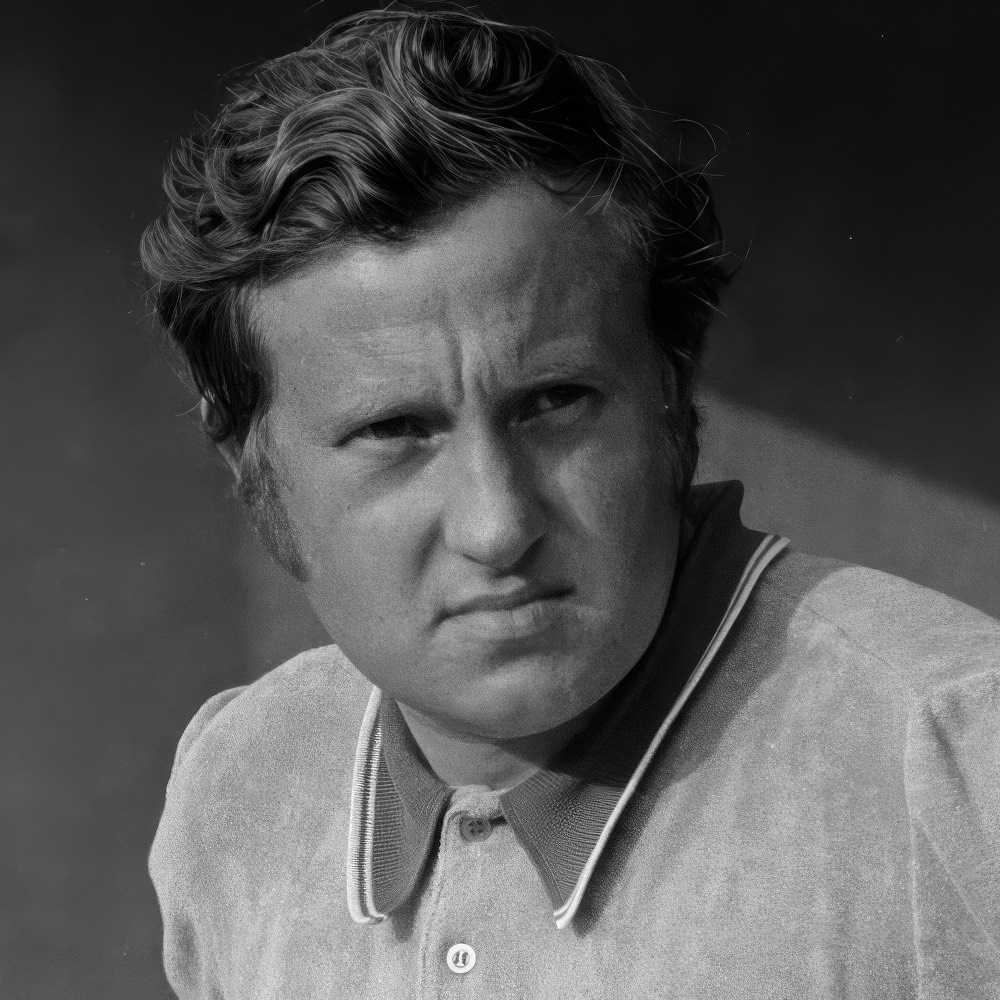
Alan Rees
Career Statistics
Biography
Alan Rees (January 12, 1938 - Present) is a Welsh former racing driver and team manager whose influence on motorsport extends far beyond his modest Formula One driving record. While his brief Grand Prix career in the mid-1960s brought limited success, his subsequent achievements as co-founder of March Engineering established him as a significant figure in motorsport history.
Born in Langstone, Wales, Rees emerged from British club racing in the late 1950s and early 1960s, competing in Formula Junior and Formula Three from 1983 to 1985, building his reputation and finishing third in the competitive 1985 German Formula Three Championship.
Rees's Formula One career spanned 1966 to 1967, participating in three World Championship races. His debut came at the 1966 British Grand Prix at Brands Hatch driving a Brabham BT11-BRM for privateer team Anglo-Swiss Racing. His other appearances at the 1967 South African and British Grands Prix all ended in retirement. He failed to score points, never completed a race, and never qualified higher than the back rows.
However, these statistics vastly understate Rees's motorsport significance. His real impact came through business acumen and organizational skills. In 1969, Rees co-founded March Engineering alongside Max Mosley, Graham Coaker, and Robin Herd. The company name came from their initials (Mosley, Alan Rees, Coaker, Herd).
March Engineering revolutionized motorsport by creating a multi-category manufacturer selling chassis to customers while running factory teams. In their debut 1970 season, March built cars for Formula One, Formula Two, Formula Three, and Can-Am simultaneously - unprecedented ambition. Mario Andretti won March's Formula One debut at the 1970 Spanish Grand Prix, a stunning achievement for a new constructor.
Rees played a crucial role in March's operations, managing customer relations and overseeing Formula Two and Formula Three programs vital to the company's financial health. While Mosley focused on politics, Herd on design, and Coaker on commercial matters, Rees ensured day-to-day racing operations ran smoothly.
Beyond March, Rees worked with the Shadow Formula One team in the mid-1970s as team manager, overseeing operations when drivers like Tom Pryce and Jean-Pierre Jarier competed for the team. His organizational skills and understanding of racing dynamics made him valuable to various operations.
In later years, Rees remained connected to motorsport through consulting roles, becoming a respected figure with experience spanning the 1960s through the modern era. He maintained connections to Welsh motorsport, supporting emerging Welsh talent when possible.
Despite March's eventual decline in the 1980s and 1990s, the company's impact was profound. Hundreds of drivers competed in March chassis across various categories during the company's two-decade existence. The customer car business model March pioneered influenced racing operations for years afterward.
Alan Rees's Formula One driving career - three race starts with no points - barely hints at his real contribution to motorsport. As March Engineering co-founder, team manager for various operations, and behind-the-scenes facilitator of countless programs, his influence extended across decades and continents. His story demonstrates that organizational genius can be as valuable as driving talent, and he remains a respected elder statesman of British motorsport.